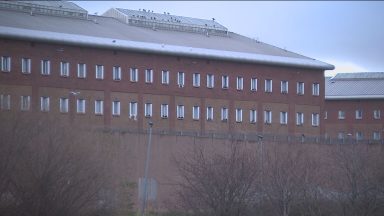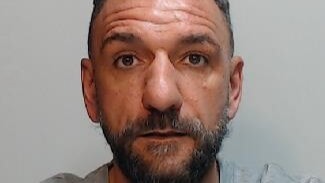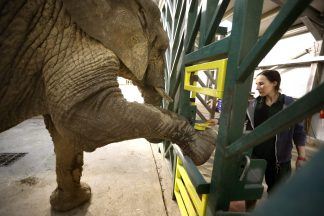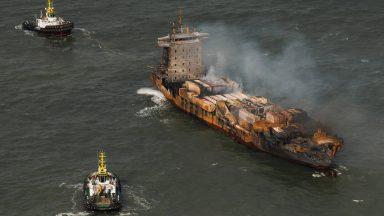Scotland’s justice secretary has told how he was “petrified” during the Battle of Two Sisters in the Falklands War.
Keith Brown, who also serves as veterans minister in the Scottish Government, said he joined the Royal Marines in 1980 as a result of the employment situation at the time and as a way to get fit.
In 1982, he was shipped out to the Falkland Islands with 45 Commando.
The first hint Brown had that something could be afoot was when his leave was cancelled.
“We’re due to go on leave for Easter and someone comes over the Tannoy and says ‘leave is cancelled and stay where you are in your digs and further information will come forward’,” he said.
“It came pretty much out of the blue to me and most people.”
But it was not until the boat carrying Brown and his comrades left Ascension Island, where it had arrived from Portsmouth, that the threat of war with Argentina seemed to be a realistic prospect.
“I don’t think it was until we left Ascension Island that people felt there was a good chance this could actually happen,” he said.
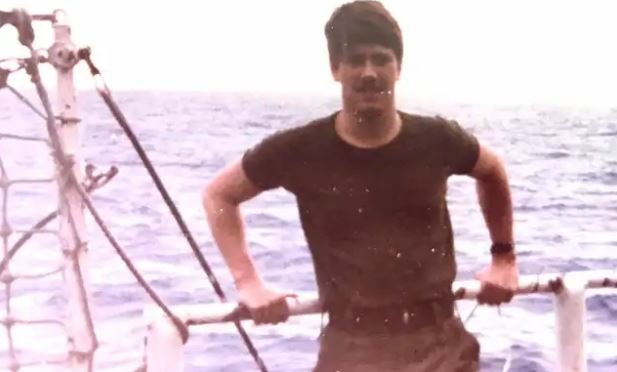 PA Media
PA MediaThe deployment to the Falklands came after the failure to relieve tensions by then US secretary of state Alexander Haig – who shuttled between the governments in London and Buenos Aires.
RFA Stromness, carrying Brown and the rest of 45 Commando, landed on East Falkland under small arms fire, he said, but facing less resistance than previously expected.
“From memory, I thought there would be a lot more (small arms fire) than that,” he said.
“I think what quickly overtook that was we were led to believe we were going to have total air superiority, so we started to wonder why we were getting constant air raids.
“The air raids were much more of a thing than the small arms fire – it was a bit distant, you could hear it.”
The troops of 45 Commando found themselves involved in the Battle of Two Sisters – one of three battles fought on the night of June 11 into the next morning.
The battles, which included engagements at Mount Longdon and Mount Harriet, resulted in the capture of the high points around Port Stanley, prompting the subsequent surrender of Argentine forces on the island.
“When I was in the attack on Two Sisters, I was petrified,” Brown said.
“I did my job, but I was petrified.
“There were other guys that had seen it before that were as calm as you could imagine.”
When asked, some 40 years on from the war, if he felt the conflict was justified, Mr Brown was unequivocal – describing the regime of Leopoldo Galtieri as a “fascist dictatorship”.
He said: “The bottom line really comes down to how the people who live there want to live their lives.
“I think self-determination is quite an important principle.
“I do think it was important to protect that principle – they did not want to be ruled by Argentina, the way they were treated when the Argentinians came across showed it was not going to be a bright future for them as well, so I do think it was justified.”
Follow STV News on WhatsApp
Scan the QR code on your mobile device for all the latest news from around the country


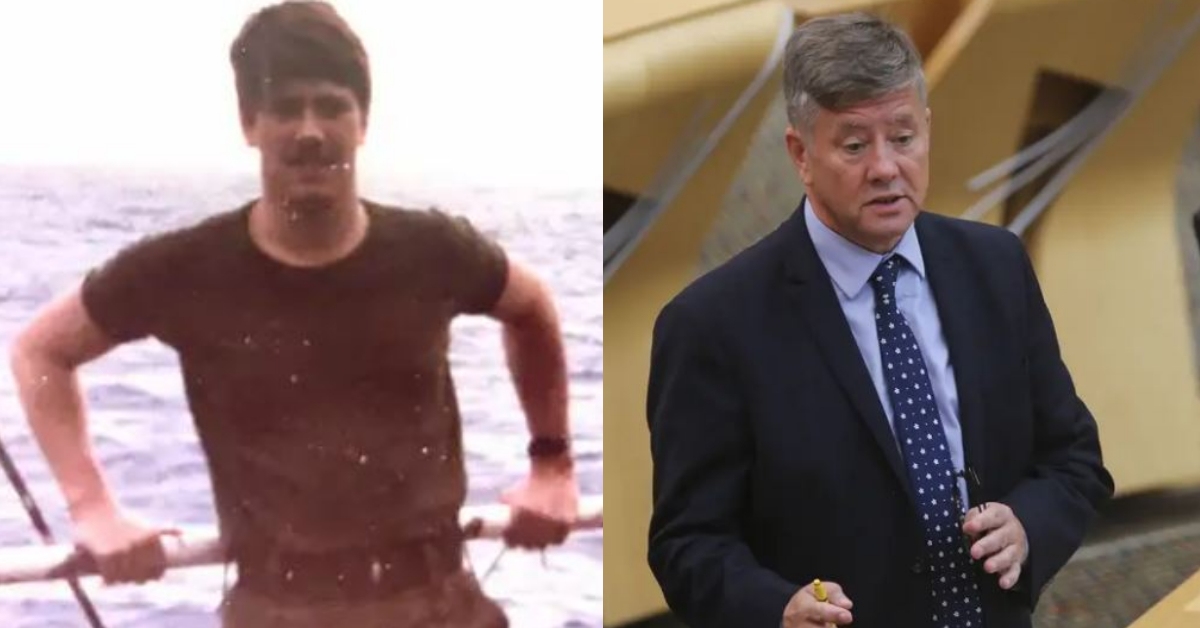 PA Media
PA Media




